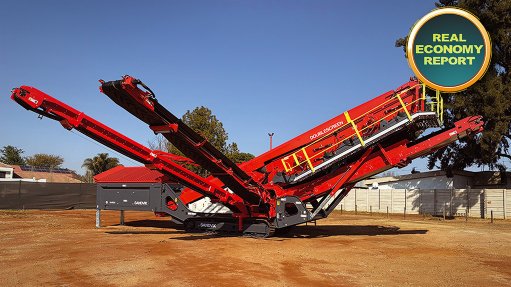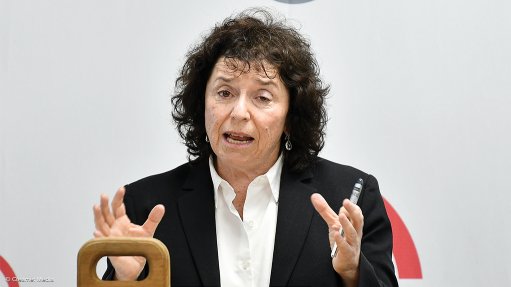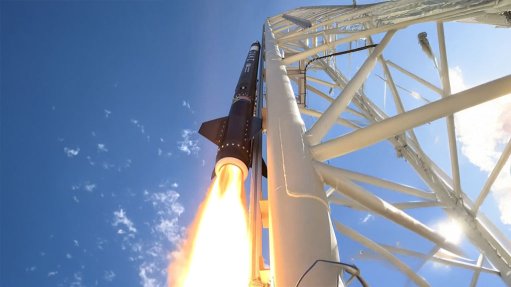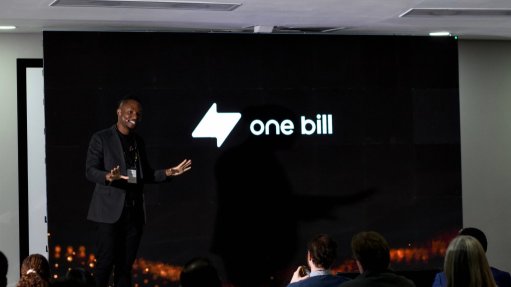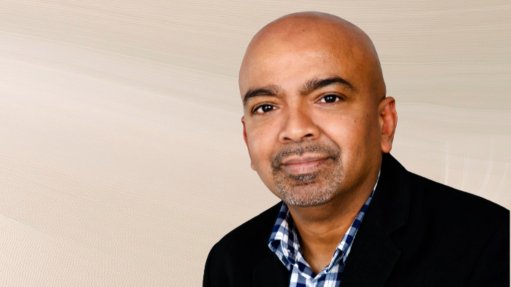Road Freight Association calls for ring-fencing of fuel levy to maintain roads
The Road Freight Association (RFA) has called for the national general fuel levy (GFL) to be ring-fenced and used to fund road infrastructure by allocating it to the South African National Roads Agency Limited (Sanral).
"Roads should be funded by the GFL. If this levy had been applied solely to roads, this would have ensured that periodic maintenance would occur and South Africa would not have devastated roads," RFA CEO Gavin Kelly states.
“As at April 2021, the GFL was R3.93 a litre, or about 23% of the retail price of petrol. It is estimated that the GFL will deliver R86-billion to the National Treasury to be applied as the Minister sees fit.
"The fuel levy should be ring-fenced and allocated to Sanral. This agency can hold various road authorities accountable, while also providing expertise, assistance in identifying reliable road contractors, as well as engineering support," he adds.
The Portfolio Committee on Transport and a public oversight body, similar to the National Energy Regulator of South Africa, but not a State-owned entity, should hold the Transport Minister accountable for the state of the roads and ensure that the maintenance, repair and development occurs as required, Kelly suggests.
Sanral is responsible for more than 22 000 km of paved roads, or 3.6% of the road network, and only 6% of this can be described as poor to very poor.
On the other hand, an estimated 54% of South Africa's unpaved road network is in poor to very poor condition and about 30% of the paved network not managed by Sanral or its concessionaires is considered to be in a poor or very poor condition.
The internationally accepted norm is that not more than 10% of a road network should be described as poor to very poor, Kelly points out, adding that the RFA is deeply concerned about the deteriorating state of South Africa’s roads and the severe consequences of this.
“A well-maintained road network is critical for South Africa. Roads are the arteries of the country, allowing people and goods to move for business, career, pleasure or personal reasons. They are crucial to the development of any nation and are the foundation to alleviating poverty and facilitating better lives for individuals by allowing them to go where there are better opportunities.
“The steady and continual downward trend of the condition of our roads needs to be reversed as a matter of urgency," he says.
The RFA notes that, while multi-lane national roads are important, the rural infrastructure is what gets agricultural, mining and first-level manufactured goods to the processing or manufacturing centres.
"Without these roads, and many of these are dirt, or gravel, roads, South Africa would not be able to feed itself," the association states.
Within towns and cities, the road networks allows greater movement of society, as well as for the movement of crucial items, including medical supplies, security, infrastructure maintenance and support, the RFA adds.
“Roads must be maintained. Once they fall into disrepair, the rate of accidents will increase, the cost of maintenance will spiral and, in the freight sector, these costs will be passed on to the consumer, while the reliability of many services, such as ambulance, police, fire services and electricity maintenance, will decrease,” emphasises Kelly.
Authorities must be held accountable for the roads under their care, for the allocation of funds for roads which they receive, but is often spent elsewhere, and the use of those funds in the road network.
The loss of skills and expertise in engineering, design and construction cannot continue, he states.
Comments
Press Office
Announcements
What's On
Subscribe to improve your user experience...
Option 1 (equivalent of R125 a month):
Receive a weekly copy of Creamer Media's Engineering News & Mining Weekly magazine
(print copy for those in South Africa and e-magazine for those outside of South Africa)
Receive daily email newsletters
Access to full search results
Access archive of magazine back copies
Access to Projects in Progress
Access to ONE Research Report of your choice in PDF format
Option 2 (equivalent of R375 a month):
All benefits from Option 1
PLUS
Access to Creamer Media's Research Channel Africa for ALL Research Reports, in PDF format, on various industrial and mining sectors
including Electricity; Water; Energy Transition; Hydrogen; Roads, Rail and Ports; Coal; Gold; Platinum; Battery Metals; etc.
Already a subscriber?
Forgotten your password?
Receive weekly copy of Creamer Media's Engineering News & Mining Weekly magazine (print copy for those in South Africa and e-magazine for those outside of South Africa)
➕
Recieve daily email newsletters
➕
Access to full search results
➕
Access archive of magazine back copies
➕
Access to Projects in Progress
➕
Access to ONE Research Report of your choice in PDF format
RESEARCH CHANNEL AFRICA
R4500 (equivalent of R375 a month)
SUBSCRIBEAll benefits from Option 1
➕
Access to Creamer Media's Research Channel Africa for ALL Research Reports on various industrial and mining sectors, in PDF format, including on:
Electricity
➕
Water
➕
Energy Transition
➕
Hydrogen
➕
Roads, Rail and Ports
➕
Coal
➕
Gold
➕
Platinum
➕
Battery Metals
➕
etc.
Receive all benefits from Option 1 or Option 2 delivered to numerous people at your company
➕
Multiple User names and Passwords for simultaneous log-ins
➕
Intranet integration access to all in your organisation








